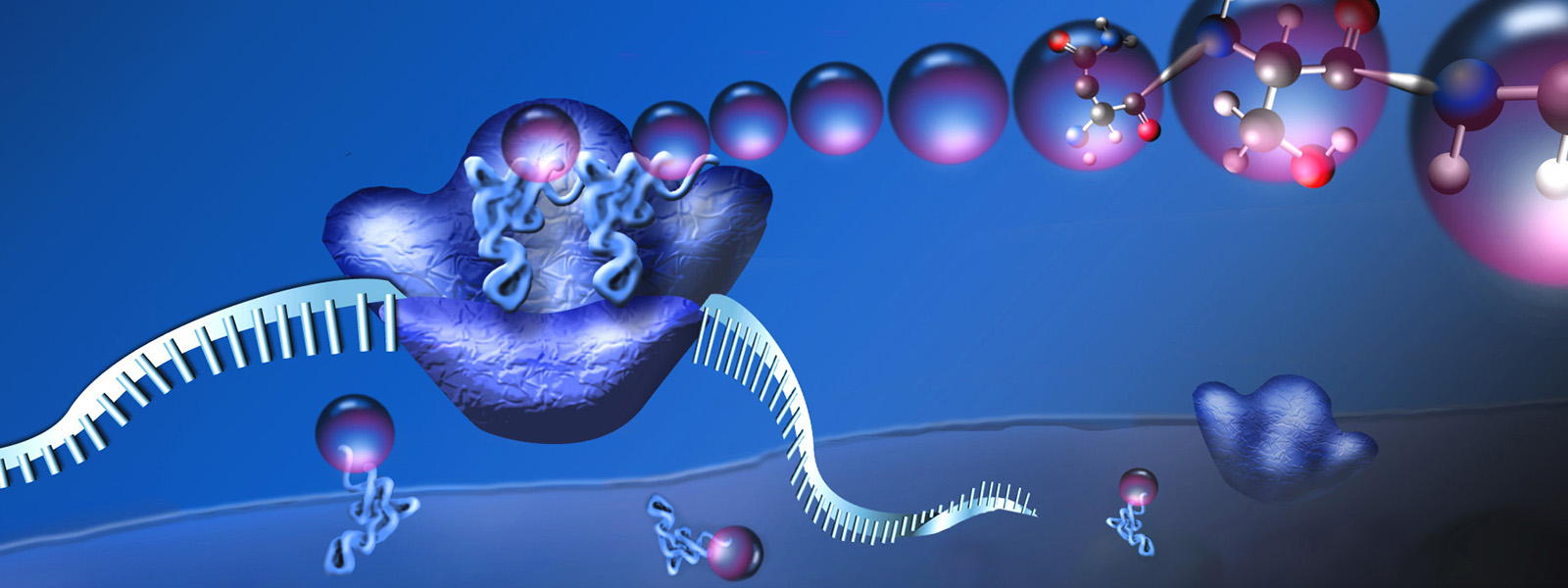
This article was originally published on ARS Techica - Science. You can read the original article HERE

In the 1940s, scientists at the recently established National Cancer Institute were trying to breed mice that could inform our understanding of cancer, either because they predictably developed certain cancers or were surprisingly resistant.
The team spotted a peculiar litter in which some baby mice had short, kinked tails and misplaced ribs growing out of their neck bones. The strain of mice, nicknamed “tail short,” has been faithfully bred ever since, in the hope that one day, research might reveal what was the matter with them.
After more than 60 years, researchers finally got their answer, when Maria Barna, a developmental biologist then at the University of California San Francisco, found that the mice had a genetic mutation that caused a protein to disappear from their ribosomes—the places in cells where proteins are made.
This came as a complete surprise, says Barna: Everyone had expected the cause to be a mutation in a gene that orchestrated development, not one involved in ribosome structure. Ribosomes, which under the microscope look like millions of specks scattered across the cell, or—closer up—like a bread roll torn into unequal halves, appear similar in all life forms. They exist in every cell and were thought to do the same thing everywhere: translate instructions contained in DNA into the proteins that do most of the work in cells.
How could a defect in this dependable, ubiquitous little workhorse reshuffle the body plan of a mouse in such a curiously specific way?
Today, based on findings like these, a growing number of scientists have come to believe there’s more going on with ribosomes than they once thought—and that ribosome variety may sometimes have biological functions.
Barna, now at Stanford University, reported her finding in the journal Cell in 2011. Since then, researchers have uncovered several other genes that, like the one in “tail short” mutants, code for proteins in ribosomes and appear to distort development in a specific way when mutated.
This article was originally published by ARS Techica - Science. We only curate news from sources that align with the core values of our intended conservative audience. If you like the news you read here we encourage you to utilize the original sources for even more great news and opinions you can trust!










Comments